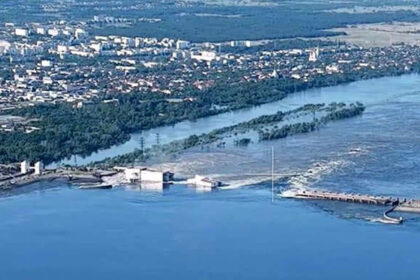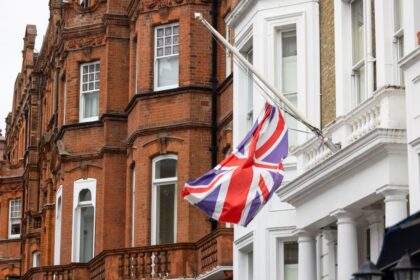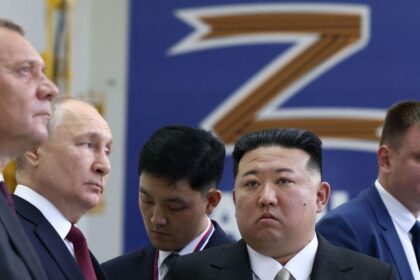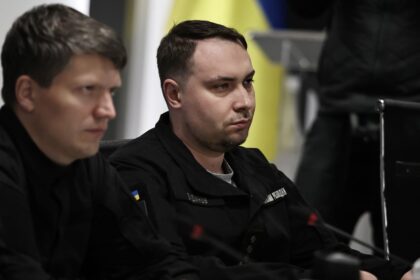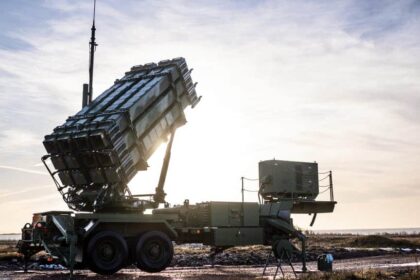**Germany Commits to Supporting Ukraine, Regardless of Who’s in Charge**
As the world waits with bated breath for Chancellor Olaf Scholz to step down and make way for Friedrich Merz, Germany’s commitment to supporting Ukraine remains unchanged. Speaking to Deutsche Welle on April 28, German Foreign Minister-designate Johann Wadephul reassured that Berlin will continue its unwavering support for the embattled nation.
Wadephul made it crystal clear that, despite changes in leadership, Germany’s stance on Ukraine won’t budge. “We will stand with Ukraine,” he stated firmly, sending a message to Russian President Vladimir Putin and other Eastern European partners. The incoming foreign minister emphasized that Berlin is committed to supporting Ukraine and helping the country reach parity with Russia.
Germany’s military aid to Ukraine has been substantial, totaling approximately 28 billion euros ($32 billion) since Russia’s full-scale invasion in 2022. This support includes defense supplies from Bundeswehr stockpiles and industrial contracts financed through Berlin’s security capacity-building initiative. Furthermore, Merz has expressed willingness to send Taurus missiles to Ukraine, a move previously blocked by outgoing Chancellor Scholz due to concerns of escalation.
Wadephul’s comments suggest that Germany will not engage in “special relations” with Moscow, despite U.S. President Donald Trump’s recent foreign policy U-turn. Instead, Berlin will continue to work closely with its European partners and the United States to strengthen Ukraine’s position in the European Community.
**What This Means for Ukraine**
Germany’s continued support is a beacon of hope for Ukraine, which has been fighting for its survival since Russia’s invasion. The influx of military aid from Germany and other Western nations has undoubtedly helped Ukraine resist Russian aggression. However, with tensions remaining high, it remains to be seen whether this support will translate into tangible gains on the battlefield.
Moreover, Wadephul’s emphasis on strengthening ties between the United States, Europe, and Ukraine could signal a significant shift in the global response to Russia’s actions. If successful, this coordination would not only bolster Ukraine’s defenses but also isolate Russia further, making it increasingly difficult for Putin to maintain his aggressive stance.
**The Implications for Eastern Europe**
As tensions simmer across Eastern Europe, Wadephul’s comments carry weight beyond just Ukraine. The incoming foreign minister’s assurance that Germany will continue to support Ukraine sends a clear message to other nations in the region: Berlin stands ready to defend its allies and uphold regional stability.
Russia, on the other hand, may view this continued support as a challenge to its authority. Putin has long sought to undermine NATO and European unity, but Wadephul’s words suggest that Germany is committed to countering these efforts. As Russia continues to test Western resolve, the unwavering commitment from Berlin could become a decisive factor in determining the course of events.
Read More @ kyivindependent.com





